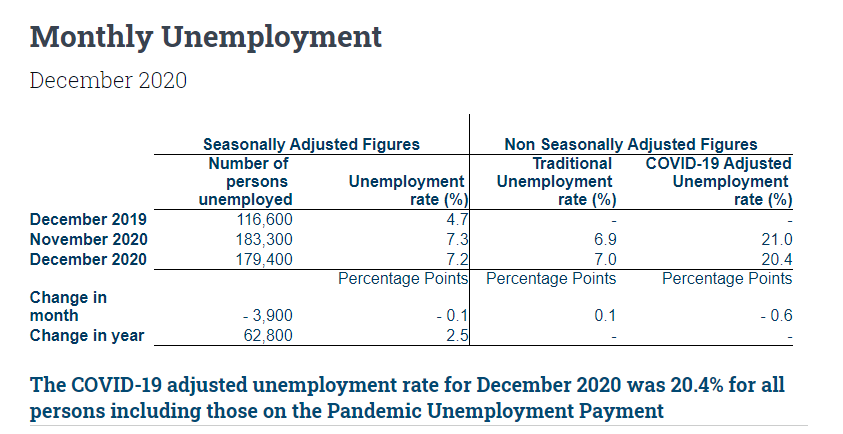There is a very large role that employment plays in the economy. For a start, it provides money to people so that they can buy goods and services which in turn creates employment for other people who work to provide them with those goods and services. However, beyond that, it gives employees opportunities to build and practise their skills, make a difference to the causes that matter to them and establish friendships with other people. Fundamentally, employment is critical to a sustainable economy and society.
There are a range of sectors that are expanding quickly including technology and environmental sustainability. However, there are also areas in are set to move into decline . As economists, we are presented with both the opportunities and challenges of creating and implementing policies that can prepare economies with governments, companies, non-governmental organisations and individual with these changes. Further, the situation is complicated with the COVID 19 lockdowns that are happening in Ireland and all over the world. People can’t spend money on the experiences they enjoy. Business can’t provide the services that they know there is demand for and governments can’t collect taxes on the money that isn’t spent on them. In Ireland, “the COVID-19 adjsuted unemployment rate for December 2020 was 20.4% for all persons including those on the Pandemic Unemployment Payment.

During tonight’s webinar, we discussed three policy challenges. How do we create opportunities for people to upskill to meet the employment demands of tomorrow? In Ireland, the Springboard programmes have been successful in enabling people to incorporate a substantial amount of practical learning into their existing lifestyles. The courses are designed with employment needs, are heavily subsidised by government (and are free for the unemployed) and have brought together different organisations who are already active in the education sector i.e. training companies and universities so that the existing infrastructure could work together funded by the government to meet this need for our economic sustainability for years to come.
The second issue we discussed relates to encouraging more people to study STEM subjects and take up the breadth of employment opportunities that span science, technology, engineering and maths. For example, there is a 1 million person shortage of people to work in cyber security alone in the world. We considered the STEM South West initiative that industry worked together to create so that people could learn about what life in STEM is really like, meet some role models, get some information about career pathways, understand the soft skills needed to succeed in the area as well as bust some misconceptions.
Finally, we pondered about the understandable concern businesses can have regarding taking on full time employees. They might be worried about not having enough money to pay them if they experience a quiet time or what if they can’t meet their salary expectations and a range of other things. The Local Enterprise Office offers grants to companies who take on full time staff to allay these barriers (with terms and conditions of course, as they’re spending taxpayers money). Also, the European institutions recognise that it’s very important to train employers how to manage their employees well too, so they’ve funded educational resources that are completely free i.e. the Ambition to Employ initiative.
Therefore, as economists, we have a hugely exciting job as we contribute to shaping the economic and societal landscape for the months and years to come.
If you would like to review other webinars, please visit: www.positiveeconomics.ie/blog
Register for our next webinar, 24th February at https://register.gotowebinar.com/register/5451501108776748815?source=edco
